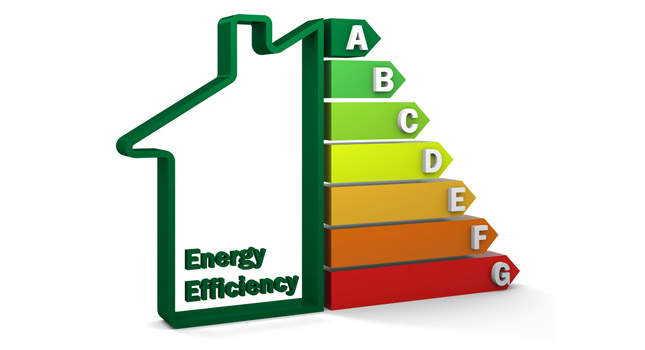

Landlords should act now to ensure their properties meet new energy efficiency regulations, urges energy efficiency specialist Peter Thom
In a bid to tackle fuel poverty and cut carbon emissions, landlords in England and Wales will be required to upgrade the energy efficiency of their homes to at least a Band E rating by 1 April 2018, or risk being unable to let them out to tenants. Those whose properties have a lower rating of F and G will be required to bring them up to the new minimum or face penalties.
The government estimates that one in ten of England and Wales’ 4.2 million privately rented homes currently fall below the minimum Band E rating, with nearly 20% of these households in fuel poverty – almost double the national average. Private rentals also make up the highest number of homes failing the Decent Homes Standard.
This announcement is a much needed step forward in reducing energy consumption and enabling tenants to live in properly insulated homes they can afford to heat.
Fuel poverty is a major problem in this country, particularly among those living in rented accommodation, who are often on low incomes and more vulnerable. Many are paying much higher bills in an attempt to keep heat-leaking properties warm and suffering poor health as a result of draughty, damp living conditions.
These new energy efficiency regulations could help around a million tenants currently paying around £1000 more than average on their energy bills.
It is estimated that tenants pay on average £880 more per year for energy if they live in a property with a rating below Band E and the least energy efficient privately-rented properties cost around £1000 more than a typical Band C rated home. Only 5% of England’s 2.3 million fuel poor homes achieve the Band C standard, costing tenants hundreds of pounds more than necessary to keep warm.
The UK has some of the oldest and least energy-efficient homes in Europe, which are a huge cost to budgets, well-being and the environment.
Measures making it impossible to rent a property that fails to meet an adequate EPC (Energy Performance Certificate) rating is a vital step forward, not only in protecting tenants, but also in reducing carbon emissions. This will make a significant improvement to the nation’s housing stock and landlords’ carbon footprint.
Green Heat has been lobbying for tougher legislation on improving the energy efficiency of UK properties for some time. In 2009 it launched the G2Action website at the Houses of Parliament with the aim of encouraging housing providers and homeowners to improve energy efficiency.
The site clarifies some of the confusing and conflicting information out there on what can be done to achieve the best results, including guidance for both social and private landlords.
An EPC is required whenever a new tenant moves in. As well as an energy efficiency rating, this will provide guidance on the improvements that could be carried out in the near future to make the property more energy efficient.
This benefits both tenant and landlord. Tenants will have a warmer, more comfortable home that is cheaper to heat and which they’re more likely to stay in for longer. For landlords, empty periods, complaints and repairs should decrease as a result.
Energy use in our homes leads to much of the carbon emissions that are causing global warming. With a duty of care to tenants, responsible landlords making their properties more energy efficient by installing good insulation, an efficient heating system, double-glazing and low energy lighting will lower their properties’ overall energy use and help to prevent climate change.
Landlords have three years in which to bring their properties up to the new standard, but tenants currently living in F and G-rated homes will be able to request improvements such as more insulation from 1 April 2016. The landlord will then be legally bound to bring the property up to a Band E rating.
And if they refuse or fail to make the improvements, they could ultimately be forced to pay a penalty notice.
Peter Thom is founder of Cambridge-based energy efficiency specialist Green Heat
If you'd like to keep up-to-date with the latest developments in the heating and plumbing industry, why not subscribe to our weekly newsletters? Just click the button below and you can ensure all the latest industry news and new product information lands in your inbox every week.